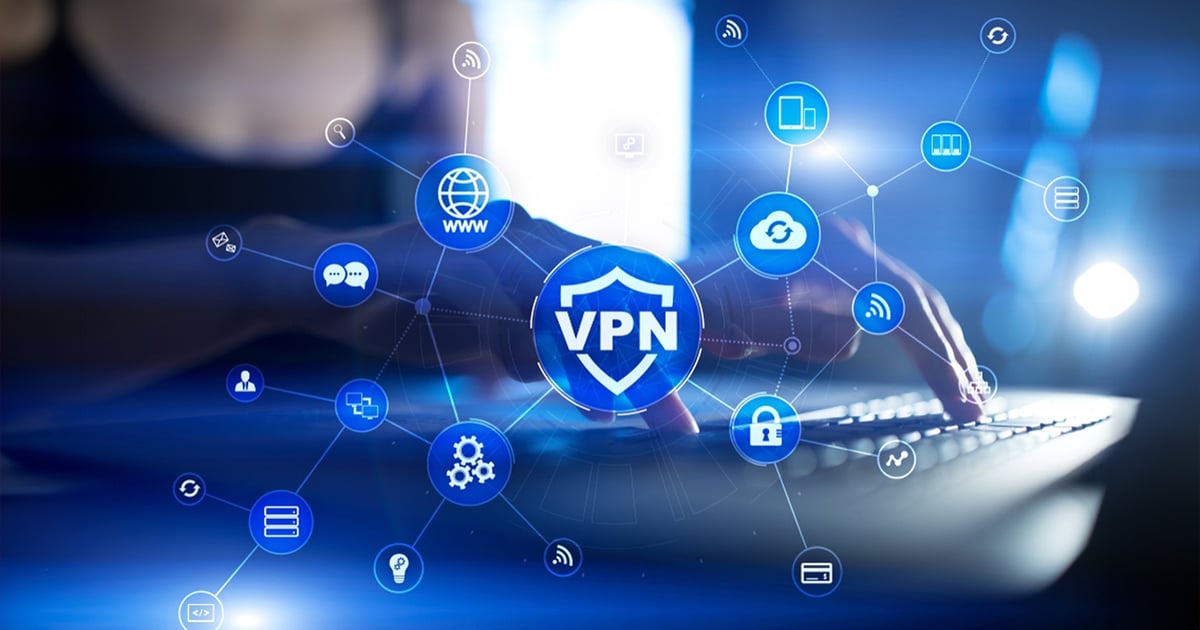
May 28, 2024 at 03:37PM
Researchers have seen a rise in attackers using remote access VPNs for unauthorized network access. Check Point’s leadership noted three such attempts and advised organizations to strengthen VPN security by requiring more than just passwords. Industry experts recommend modern authentication methods and transitioning to Zero Trust Network Access for better security.
From the provided meeting notes, the key takeaways are:
– There is an observed increase in attackers using remote access VPNs as a means for initial network access.
– The compromised solutions from multiple cybersecurity vendors have prompted organizations to look into the security of their own equipment and whether it’s being targeted.
– Check Point reported encountering three such attempts as of May 24th, which revealed a potentially recurring pattern. This demonstrates a concerning trend and emphasizes the importance of addressing the cause effectively.
– The vulnerabilities in remote access VPNs are often exploited through insufficiently protected accounts, such as old VPN accounts protected only by a single password.
– To enhance the protection of remote access VPNs, organizations are advised to require authentication checks beyond simple passwords and consider modern authentication alternatives, such as certificate-based authentication.
– The urgency of transitioning from legacy VPNs to Zero Trust Network Access (ZTNA) solutions has been stressed, with ZTNA being highlighted for its advantages in limiting user access and better integration with enterprise identity management systems.
These takeaways highlight the critical need for organizations to review and bolster their remote access VPN security measures, not only to mitigate the current threats but also to proactively adapt to more secure network access solutions.